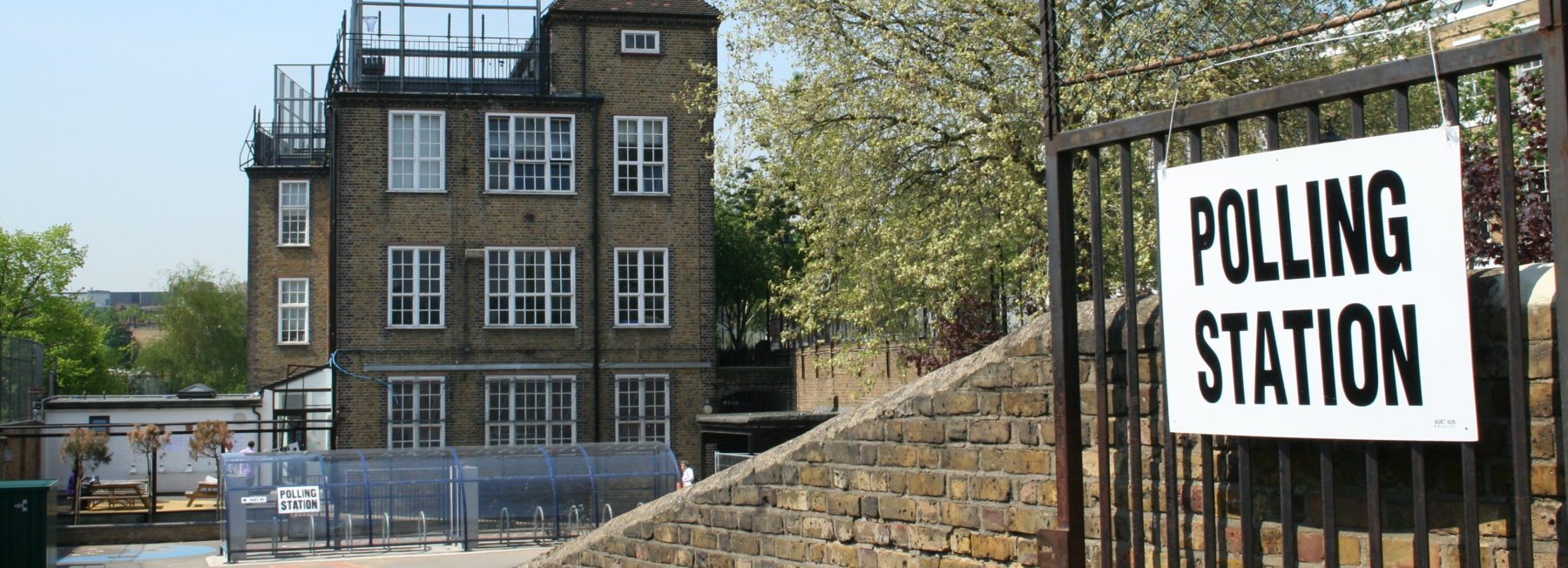Emotional wellbeing decides elections, say Warwick researchers
New research by the University of Warwick claims the emotional wellbeing of voters is the deciding factor in elections and referendums, as opposed to economics or party platforms.
The research involved over 4000 UK respondents being interviewed annually to determine whether people consider past performance of political parties when voting.
Instead, some interesting results were yielded on the impact of emotional wellbeing when voting.
For example, the death of a spouse means a person is 10% less likely to support the incumbent party, even when elected officials’ policies (healthcare, social welfare, etc.) cannot reasonably be blamed for the death.
According to Lead Researcher Dr Michela Redoano, this is particularly the case when it comes to women who lose their spouses. She stated: “The research also highlights gender differences in voting behaviour: women tend to be less rational than men at the ballot.”
This study confirms the general widespread concern that voters are not completely rational when they cast their ballot, an issue that needs to be taken seriously into account for the correct functioning of our democratic institutions.
Dr Eugenio Proto, a Co-Author of the research
Another outcome from the research is that those who are satisfied with their lives are 1.6% more likely to support the incumbent party.
These results were particularly applied to close-call votes, such as the EU Referendum in the UK, or the recent Presidential Election in the US. It dispels common beliefs that economics or party platforms decide close results.
The researchers came from Warwick’s Warwick’s Centre for Competitive Advantage in the Global Economy (CAGE) within the Department of Economics, which ranked fourth in the 2014 Research Excellence Framework.
Dr Eugenio Proto, a Co-Author of the research, commented: “This study confirms the general widespread concern that voters are not completely rational when they cast their ballot, an issue that needs to be taken seriously into account for the correct functioning of our democratic institutions.”
Lily Pickard
Scitech analysis: Happy Voters
“It’s the economy, stupid”. The immortal words of Bill Clinton’s campaign manager in the run up to the 1992 presidential election and, until 2016, the battleground which almost every election was fought over. The idea that voters rationally choose a candidate they think has policies that will monetarily benefit them. The twin political earthquakes of Brexit and Trump in the face of endless warnings from economists are consigning this theory to history.
New research led by Dr Mechela Redoana and Dr Eugenio Proto from the University of Warwick’s Economics department may help explain this phenomenon. The research, based on a series of yearly interviews of 4000 respondents, challenges the idea that voters evaluate political achievements and vote accordingly.
Dr Redoano commented that “The study provides evidence that not only money but, more generally, wellbeing matters when voters make up their voting decisions.” The widespread viewpoint that voters are not completely rational in the voting booth seems to have merit. A voter will not only be influenced by the facts, but also how they feel.
Any politician seeking to be elected, or perhaps win a referendum, might want to focus on making people happier. Chasing percentage point increases in GDP and forgetting the wellbeing of the people behind the numbers has led to this era of political uncertainty. This research might tell us why it’s not about the economy but finding policies that make people happy is a bigger challenge.
The study, Happy Voters, is published by the Journal of Public Economics.
Nick Vail

Comments